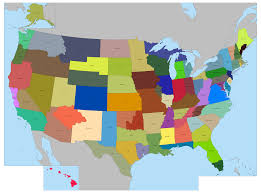The 4th of July: Celebrating Independence Day
Introduction
The 4th of July, also known as Independence Day, is a significant national holiday in the United States, commemorating the adoption of the Declaration of Independence on July 4, 1776. This day marks the birth of the nation, and its relevance lies in the celebration of freedom and democracy. For many, it is a day of patriotic displays, family gatherings, and community events, reflecting the core values of American society.
The Historical Significance
The Declaration of Independence was drafted by Thomas Jefferson and adopted by the Continental Congress, declaring the thirteen American colonies as independent states from British rule. The significance of this day has evolved, serving as a reminder of the sacrifices made for the nation’s freedom and the values that underpin American identity. The 4th of July serves not only as a day of remembrance but also as a rallying point for national pride.
Current Celebrations
In 2023, celebrations of the 4th of July have resumed with fervour following a few years of scaled-back events due to the COVID-19 pandemic. Across the United States, cities and towns organise parades, fireworks displays, and concerts, drawing millions of participants. Major cities like New York City and Washington D.C. host grand fireworks spectacles, where families and friends gather to enjoy the sights and sounds of patriotism. Smaller communities also participate with local fairs, barbeques, and community picnics, fostering cohesion and unity among residents.
Key events include the annual Nathan’s Hot Dog Eating Contest in Coney Island, New York, and various patriotic concerts featuring local music acts and military bands. This year, many communities have attempted to put more emphasis on inclusivity, inviting diverse cultural expressions that reflect the multicultural fabric of the nation.
Looking Ahead
As the 4th of July continues to be a cornerstone of American culture, it will likely evolve with changing societal norms and demographics. The celebrations, while maintaining traditional activities, are expected to adapt further to include diverse narratives of independence, reflecting America’s ongoing journey toward justice and equality.
Conclusion
The 4th of July remains an essential national occasion that underscores the values of freedom, unity, and patriotism. It serves not only to celebrate the historical milestone of independence but also as an opportunity for communities to come together and reflect on the progress made towards a more inclusive society. For readers, it offers a chance to engage in traditions while also pondering the historical and contemporary issues that influence democracy in the United States.








